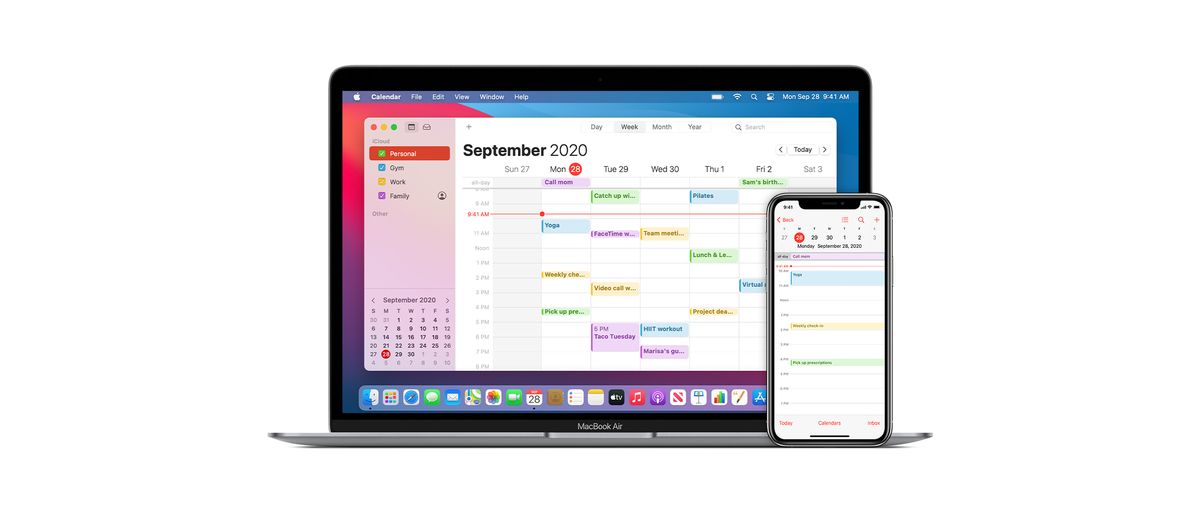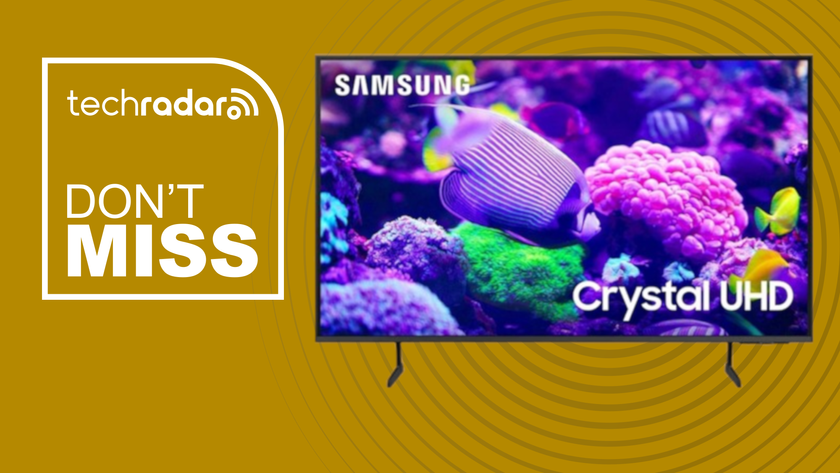TechRadar Verdict
Apple Calendar comes installed on iOS devices by default, and it gets the job done. It may not be the most feature-rich calendar app on the market, but it does what it needs to do smoothly and without any hiccups. Apple’s designers have gone through a lot of effort to make the app look and feel fast and clean. However, it can be argued that other calendars offer a better overall experience for those looking to organize their complex schedules. Google Calendar, in particular, presents serious competition to Apple’s offering.
Pros
- +
Completely free
- +
Clean, smooth design
- +
Integrates nicely with Apple’s operating systems
Cons
- -
Not many in-depth customization features
- -
Feels a little barebones compared to some competitors
Why you can trust TechRadar
The ideal calendar app can look very different from one person to another. Some are looking for advanced organizers that can help them make some sense of their chaotic schedules. Others want to be able to plan their upcoming weeks and months efficiently. For others, a good calendar is simply a tool that shows the current date and maybe has some options for tasks and reminders, nothing more.
- Interested in Apple Calendar? Check out the website here
Apple Calendar leans towards the slimmer side of feature variety, offering the bare essentials and little more on top of them. But it does that with Apple’s traditional style and attention to detail, meaning that if you’re looking for a simple calendar app that just gets the job done, this should be right up your alley. Unfortunately, the same can’t be said for users with more advanced requirements, as Apple Calendar is definitely not the most feature-rich app of its type out there, and the free price tag doesn’t compensate for that either.
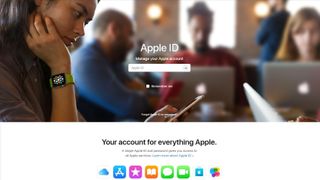
Plans and pricing
Apple Calendar is offered completely free. This is one of the few calendar apps on the market that come at truly no price, no strings attached. It doesn’t feature any in-app ads or other monetization methods, and it won’t spam you with annoying promotions for other products.
That said, the fact that it’s exclusive to Apple’s operating systems could be seen as a sort of a payment barrier. However, we don’t expect anyone would purchase an iPhone for the sole purpose of using Apple Calendar, so this is a moot point. In any case, it’s worth keeping in mind that if you’re specifically interested in Apple Calendar for whatever reason, you’ll need an Apple device to use it. The app is also available on Mac computers, much like Apple’s other default apps.
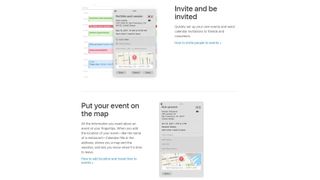
Features
As we mentioned above, Apple Calendar doesn’t offer too many features outside of the standard package you’d expect to find in most similar apps. You can create and edit events with standard settings like time/date, location and recurrence. You can also invite others to your events, although you must have the person as a contact first.
Events support additional notes and links, and even file attachments. A schedule view is available, similar to the one in Google Calendar, showing you a list of your upcoming events in a clean, organized manner. It can be argued that Google Calendar does a better job at presenting information in this kind of manner, especially with regards to color coding and readability. You can color-code your events, allowing you to more easily browse through a large list of them.
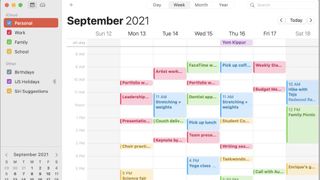
Interface and in use
Just like Apple’s other apps, the interface of Apple Calendar is clean, intuitive and easy to navigate. It doesn’t take too many taps to get to where you want to be – although this is also helped by the relatively small number of features to begin with. Presentation is clean, yet offers a lot of information in every view. Previewing an event with an attached location and files is nicer than in most other calendar apps, and it’s easy to browse through a large number of events.
There isn’t much in the way of customization of the basic interface, which is typical for Apple’s apps. If you don’t enjoy the overall presentation, you likely won’t have too many options for tweaking it. However, the default look of the app should be good enough for most people’s needs, especially once you start color-coding your different events and organizing everything that way.
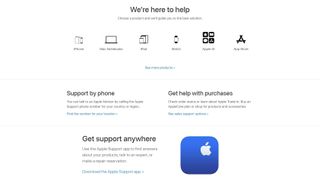
Support
Apple’s support is nothing special, but it gets the job done. The company doesn’t take too long to respond to most support requests, and their help center is already populated with a lot of information to browse through. The app is known for a relatively stable patch history, meaning that you should rarely encounter any serious issues – but if you do, you can rest assured that they will be addressed in a reasonable timeframe.
The competition
Apple Calendar’s biggest competitor is Google Calendar, seeing as how they’re both free and offered as a default app for the two main mobile operating systems. While Apple has been able to offer solid competition to Google in other areas, their calendar is definitely not one of them. Google Calendar offers more features and an arguably more intuitive interface, making it the better option for those who want something that’s easy to use and reliable in the long term. This is still a highly debated topic, with lots of people defending both sides, so it’s something you should check for yourself before jumping to any conclusions, especially if you’ve never used a calendar app before.
Final verdict
Apple Calendar works fine, but it leaves a lot to be desired for those looking for advanced features and more customization. If you don’t consider yourself to fall in that category though, you should find it a perfectly fine offer in an otherwise very crowded corner of the market. Definitely give a try to alternative apps before committing to this one, just to see what other options are typically available.
We've also featured the best calendar apps
Stefan has always been a lover of tech. He graduated with an MSc in geological engineering but soon discovered he had a knack for writing instead. So he decided to combine his newfound and life-long passions to become a technology writer. As a freelance content writer, Stefan can break down complex technological topics, making them easily digestible for the lay audience.
Most Popular






